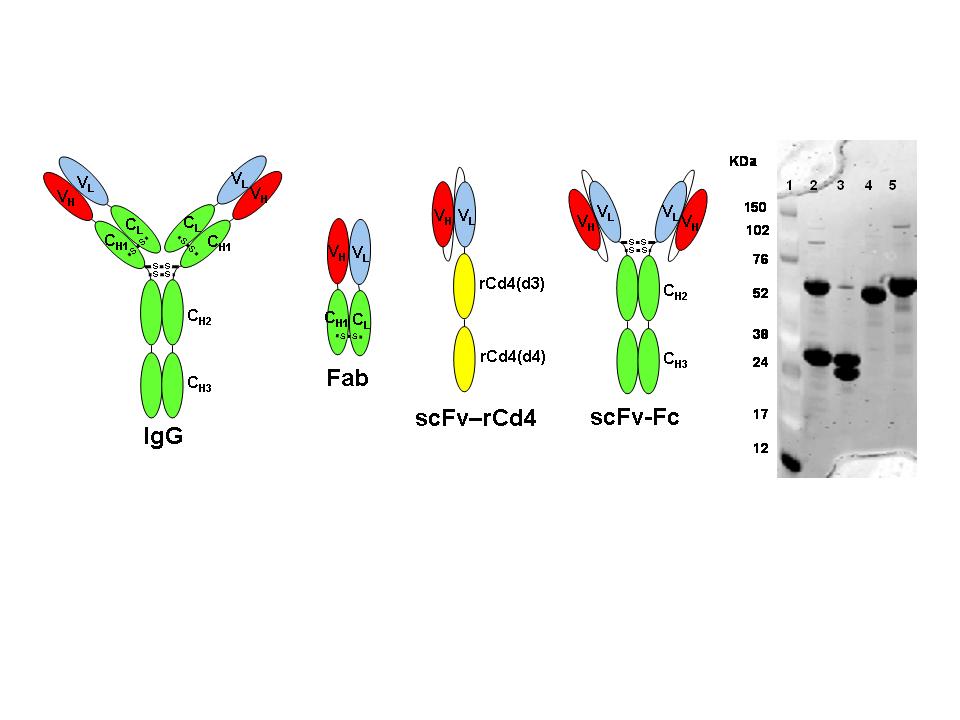Dr Michael Dyson
Position: Senior Research Associate
Personal home page:
http://www.bioc.cam.ac.uk/uto/mccafferty.html
PubMed journal articles - click here
Current research aims to generate and functionally validate recombinant antibodies to cell surface receptors, growth factors or signalling molecules. These are then used to map protein ? protein interaction networks using mass spectrometry or to test the biological effects of antagonising or agonising cell surface receptors. Some of the antibodies generated in the McCafferty Lab have therapeutic potential as anti ? cancer agents. Prior to joining John McCafferty I led a team at the Wellcome Trust Sanger Institute involved in high throughput protein expression for antibody production. Methods were developed for multiplexed high yield mammalian expression, the identification of a number of protein properties that allows soluble expression in E. coli, and a way to genetically select for soluble protein fragments. Finally an array of murine immunoglobulin superfamily (IgSF) receptors has been prepared and used to discover novel receptor interactions involved in angiogenesis.
Symplectic Elements feed provided by Research Information, University of Cambridge
Dyson MR, Zheng Y, Zhang C, Colwill K, Pershad k, Kay BK, Pawson T, McCafferty J (2011), Mapping Protein Interactions by Combining Antibody Affinity Maturation and Mass Spectrometry, Anal. Biochem., doi:10.1016/j.ab.2011.05.005 Colwill K, Persson H, Jarvik NE, Wyrzucki A, Wojcik J, Koide A, Kossiakoff AA, Koide S, Sidhu S, Dyson MR, Pershad K, Pavlovic JD, Karatt-Vellatt A, Schofield DJ, Kay BK, McCafferty J, et al (2011), A roadmap to generate renewable protein binders to the human proteome, Nature Methods, May 15 Dyson MR, Selection of soluble protein expression constructs: the experimental determination of protein domain boundaries (2010), Biochem. Soc. Trans., 38(4): 908-13
















